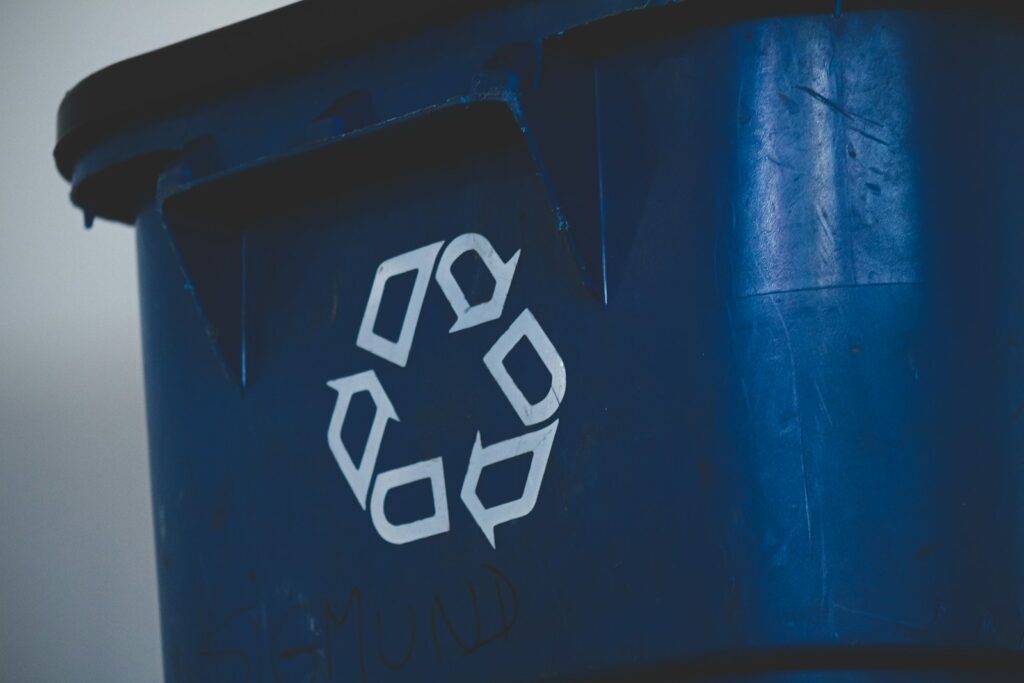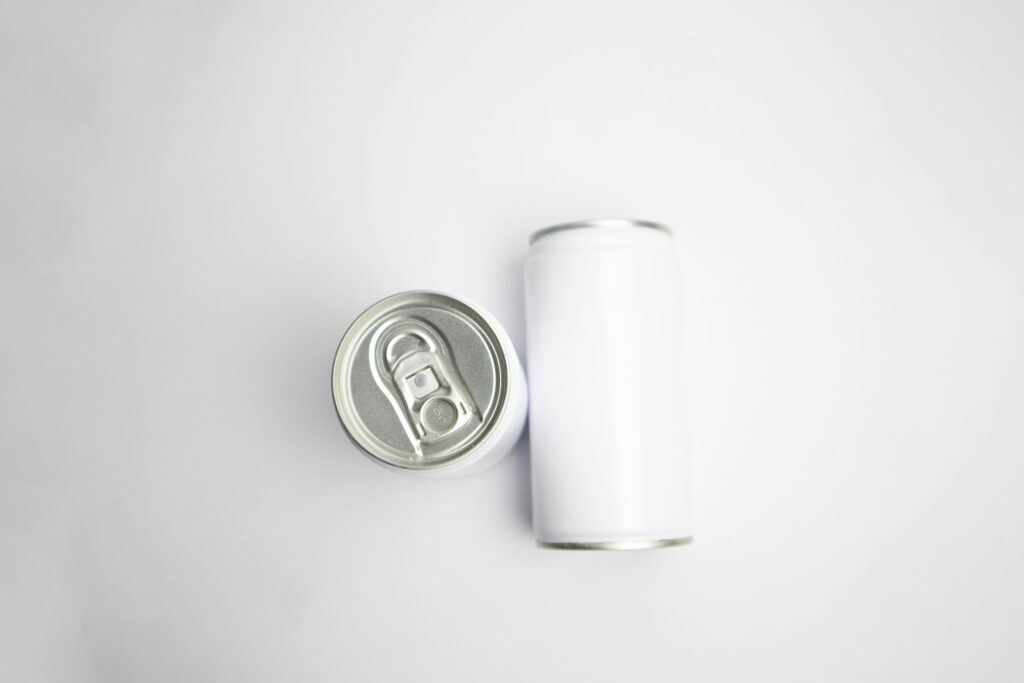Nick Oettinger, MD and founder of The Furniture Recycling Group, discusses the importance of implementing Extended Producer Responsibility schemes across all industries and looks even further ahead at using these schemes to propel us towards a truly circular economy.
Due to the current news agenda and the spotlight on single-use plastic, consumers are becoming increasingly concerned about the future of our environment.
With these consumers starting to recognise the threat that this throwaway society is having on our future, all producer industries in the UK are in need of product stewardship.
In a nutshell, this means that all businesses that manufacture, import and sell products would be held responsible for the waste they generate.
Based on the principle that manufacturers and brands have the most impactful control over a product’s design and marketing, they should also have the greatest responsibility to reduce waste, and therefore lessen the environmental impact of these materials.
Extended Producer Responsibility schemes
Extended Producer Responsibility (EPR) schemes are one way to ensure that businesses remain accountable for their products (and any associated packaging) even beyond the point of selling them. These schemes push these manufacturers and retailers to contribute to the cost of collecting, moving, recycling and disposing of their products at end of life, or end of use.
Under this type of scheme, producers can introduce take-back programmes or arrange waste collection and drop-off points, so the products can be repurposed, recycled or disposed of responsibly if this is not possible.
Several EPR schemes exist in the UK already, with packaging, electronic goods, batteries and cars all being subject to EU requirements. However, to make a substantial difference, we need to go much further and create schemes for all products.
We can take learnings from countries such as France, which has introduced widespread EPR schemes, or Japan, which has implemented an EPR law for a range of industries and who demand some manufacturers use recycled materials in new products.
We need to put more pressure on our manufacturers and retailers, rather than relying on consumers with initiatives such as the latte levy and the 5p plastic bag tax.
EPR is helpful for introducing a degree of accountability for brand owners and manufacturers, forcing them to take steps in reducing their environmental impact. Under most of these models, the producer helps to fund the collection and recycling costs by paying an upfront fee proportional to how much product they put on the market.
The Circular Economy
Although Extended Producer Responsibility schemes are a part of the solution, there needs to be a greater focus on the circular economy to truly create change and eliminate waste.
In order to create a truly circular economy, manufacturers need to factor recyclability and end-of-use planning into the initial product design process.
Additionally, using environmentally friendly products can be encouraged through financial incentives to enhance these design processes.
For example, televisions have evolved quite a bit in the last ten plus years, from LCDs to LEDs, expanding from using hazardous materials to non-hazardous ones instead. This was due to the rising costs associated with using hazardous materials.
Extended Producer Responsibility needs to encourage retailers to change their offering so they can eliminate paying hazardous material costs as part of the scheme. This will encourage them to think about end-of-life at the early stages of the design and production process, which will, in turn, create a circular economy.
Spotlight on mattresses
Mattresses are a particular recycling problem that’s hugely underestimated. Due to their bulky nature and the difficulties in transporting them in large quantities, figures show that 7.5 million are discarded to landfill sites each year.
In terms of mattresses, Extended Producer Responsibility schemes could encourage producers to design better mattresses, whether that’s using longer-lasting materials, recycled materials or simply making them in a way that’s easier to recycle. For example, open-coil springs are much easier to break down and reuse than pocket springs. The drip-down effect would be extra pressure on retailers to choose a responsible manufacturer to partner with for the mattresses that they sell.
Given that EPR could prove useful in propelling us towards a circular economy, the UK should now take steps to make these schemes more commonplace. To achieve the ambitious targets outlined by the EU in the Circular Economy Package, we need to see implementation of new schemes, as well as improved approaches to EPR to make existing schemes more efficient and effective.
It’s critical that producer responsibility schemes are introduced to tackle the number of waste problems we currently face. Assigning this particular responsibility to businesses provides them with an incentive to minimise their own environmental impact, either by encouraging recycling or by designing more environmentally-friendly products.
The implementation of extensive EPR schemes can only result in a better waste management solution that takes us another step closer to achieving our much-needed circular economy.
Photo credit – Pixabay
















